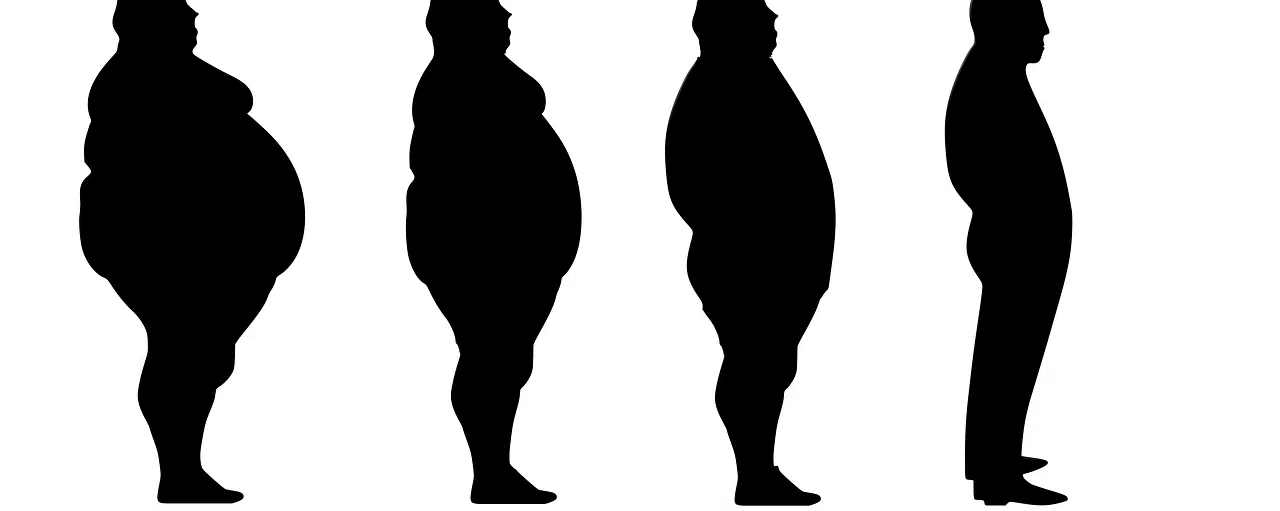
Body mass is the amount of matter that a human body has.
Body mass is a concept linked to the amount of matter present in a human body . The notion is related to the Body Mass Index ( BMI ), which consists of associating the person's weight and height to discover if said relationship is healthy.
Before moving forward with the definition, it is important to establish the etymological origin of the expression. Specifically, we can determine that it is made up of two words that come from Latin:
- Mass emanates from the Latin word massa . This in turn derives from the Greek madza , which was used to refer to a cake that was made with flour as its main ingredient.
- Corporal , for its part, comes from the Latin corporalis , which is made up of two clearly differentiated parts: corpus , which is synonymous with "body" , and the suffix -al , which indicates that something is "relative to" .
Mass is the physical quantity that indicates the amount of matter a body contains. The unit of mass in the International System is the kilogram ( kg ). Corporal , meanwhile, is that which belongs to or relates to the body. Among the various uses of this concept, the body can be the set of organic systems that constitute a living being. The human body , for example, is made up of the head, trunk, arms (the upper extremities) and legs (the lower extremities).
Body Mass Index Analysis
BMI , created by Belgian statistician, sociologist and naturalist LAJ Quételet , is calculated by dividing weight (in kilograms) by height squared (in centimeters) . You have to consult a table to find out if the BMI reveals a healthy weight or some disorder (low weight or excessive weight) that must be corrected.
From the calculation of the Body Mass Index, it can be established:
- If the number obtained is below 18.5, it is established that the person in question is underweight.
- If the result determines a figure between 18.5 and 24.9, it can be said that the individual is in a normal situation in terms of weight.
- If the amount obtained is between 25 and 30, it is established that the person is overweight.
- Finally, if the resulting figure is greater than 30, it is established that the man or woman has an obesity problem. This is mild if it is between 30 and 34.9; average if it is between 35 and 39.9 or morbid if it exceeds 40.

The Body Mass Index relates weight to height.
Weight and health
Weight, by itself, is not relevant data to know the state of health of a person.
Two people can weigh eighty kilograms each and yet one can be in excellent athletic condition and the other suffer from obesity. A weight of eighty kilos is normal for someone who is 1.90 meters tall, but it constitutes a risk for someone who is 1.60 meters tall.
